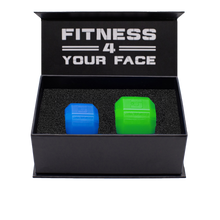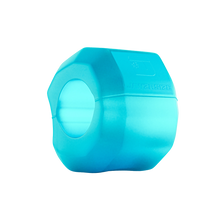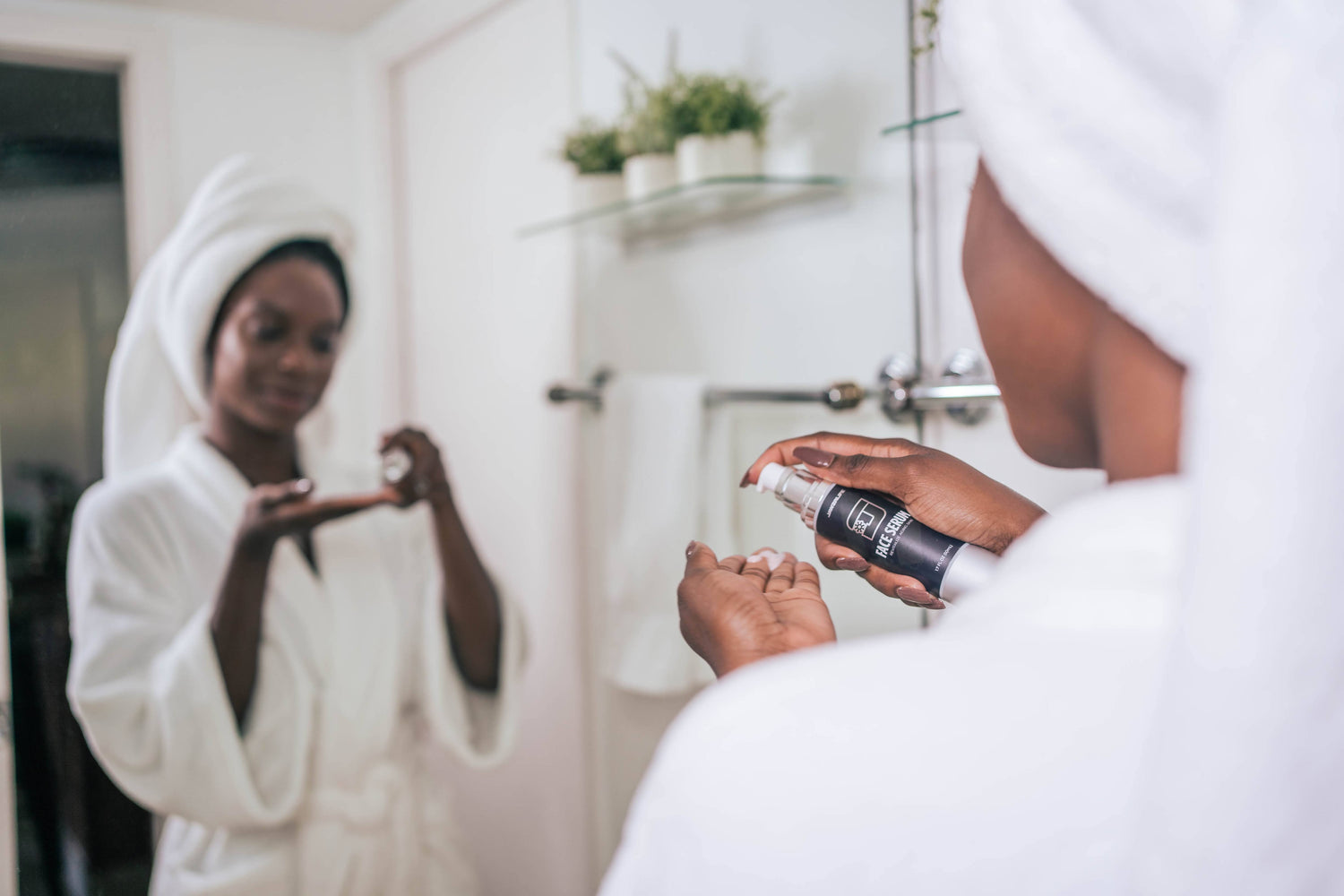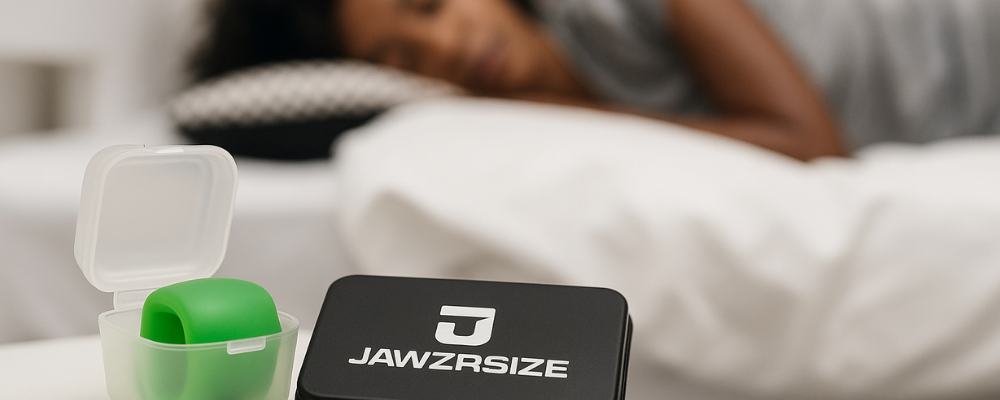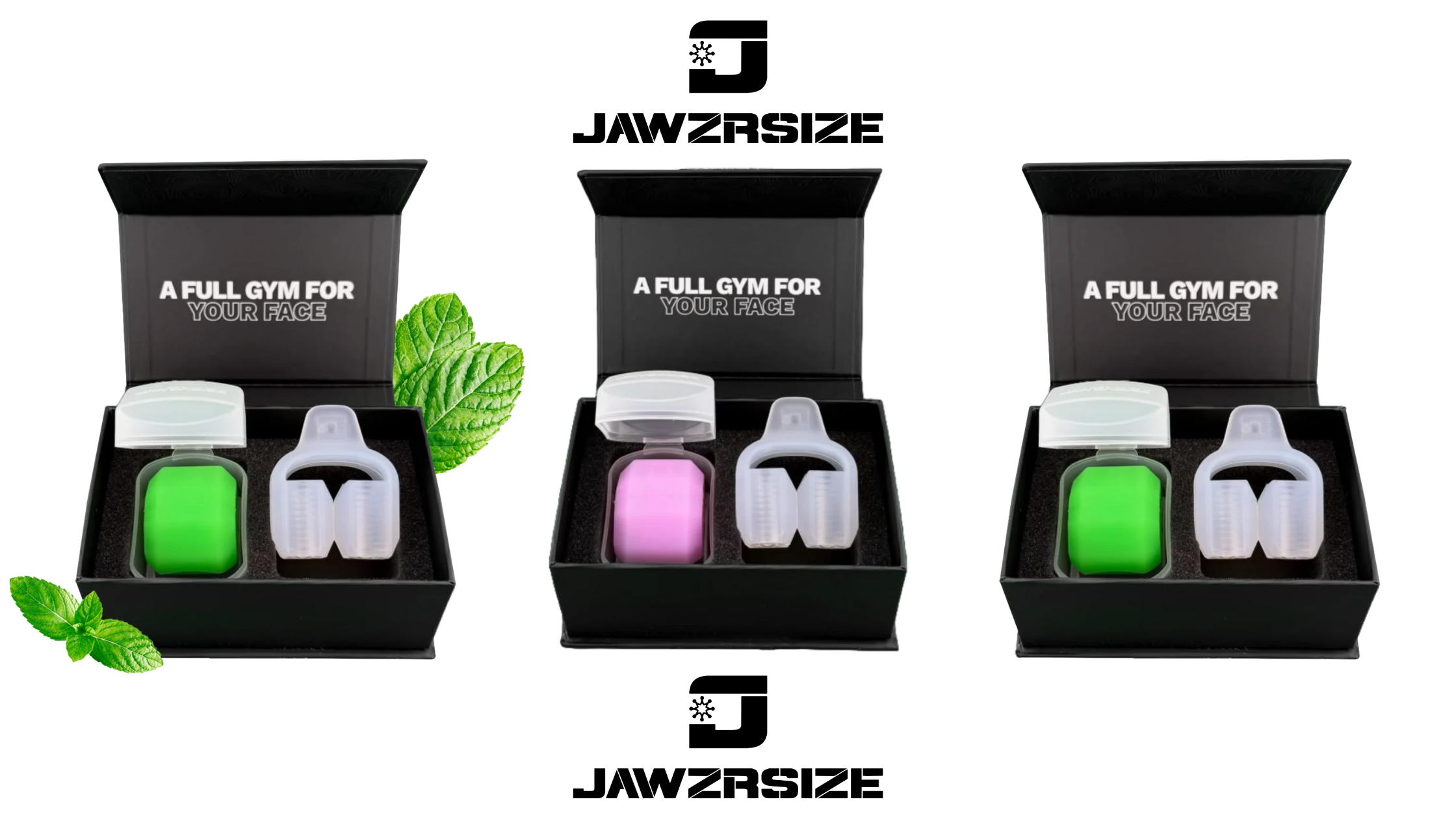It’s likely you’ve come across ads for face serums claiming to do everything from reducing wrinkles to giving your skin a healthy glow. But chances are, you've also wondered... just how does face serum work?
Face serums have exploded in popularity in recent years. But adding a new step to your skincare routine can seem intimidating when you don't understand what a product is or what it can do.
The good news is that if you're looking to learn more about face serums – such as when to apply face serum, how to use face serum and which serum is best – read on to learn everything you’ll need to get started.
What Is face serum?
Think of a facial serum like a powerful, highly concentrated cocktail of all the molecules your skin craves, such as anti-aging antioxidants, acne-fighting compounds and skin brighteners.
Because these molecules are small, and because serums don't contain the thick, heavy globs of molecules often found in creams and moisturizers, they can easily penetrate your skin to help boost its health and appearance quickly and efficiently.
This means that a little goes a long way when it comes to serum. Just a drop or two a day can have huge benefits when it comes to fighting wrinkles and restoring your skin's healthy glow.
The bottom line? If you're not seeing results from your current skincare routine, adding serum to your daily routine might just be the way to go.
How does face serum work?
Face serum is applied after you've cleansed your face but before you've added moisturizer. Because your skin is clean and most serums are water-based, it's easy for the molecules in face serum to penetrate your skin and deliver quick results. These molecules represent active ingredients that target different components of your face and skin to improve its health and appearance.
How and when should you apply serum?

Knowing how to use face serum and when to apply face serum are two major components of any successful skincare routine. Serum should always be applied after cleanser and toner, so that the active ingredients in the serum can be fully absorbed, and before applying moisturizer and face oils, which helps lock in the serum in order to maximize its benefits.
It's best to apply anti-aging serums at night and anti-pigmentation serums in the morning. While most serums only need to be applied once a day, some hydrating serums can be applied twice a day to boost their effects.
Applying face serum is easy – simply use the dropper or pump that comes with the serum to apply a drop or two to your face and then massage it in. Because face serums are highly concentrated, you don't need a lot, which means that even a tiny bottle will last a long time.
Is serum a moisturizer?
The short answer? Not really. While serums do contain moisturizing ingredients that can help your skin stay hydrated, they are too thin to technically act as moisturizers, which help replenish moisture and create a barrier to prevent it from being lost over time.
If you're worried about dry skin causing wrinkles on your face, or conditions such as jowls, it's a good idea to use both a face serum and a moisturizer as part of your skincare routine.
What is the difference between serum and face oil?
Serums and face oils are often confused. Although traditional serums are water-based, in contrast to face oils, oil-based serums are becoming more and more popular. However, people with oily or sensitive skin may prefer gentle water-based solutions to heavy or irritating oils, making face serums an appealing choice.
What's more, face oils are more of an all-purpose tool that work to keep skin hydrated and nourished, while face serums are designed to target specific problems. For example, if you're concerned about wrinkles on your face and neck, you'll probably want to opt for an anti-aging face serum to help combat them.
In general, if you have oily or sensitive skin or you want to combat a specific issue such as wrinkles, acne or dullness, then a face serum is probably the right choice for you.
What is the best serum for your face?
Finding the best serum for your face comes down to selecting a face serum with the active ingredients you need. Some active ingredients commonly found in face serums include:
- Anti-aging ingredients: Retinol and bakuchiol.
- Skin-brightening ingredients: Green tea extract, vitamin C, resveratrol and ferulic acid.
- Hydrating ingredients: Hyaluronic acid, vitamin E and glycolic acid.
- Acne-fighting ingredients: Salicylic acid, zinc and vitamin C.
- Texture-improving ingredients: Glycolic acid.
Nailing down what aspect of your skin you want to improve is the first step in finding the best serum for your face.
Final thoughts
Face serums may be a little bit more pricey than other items in your skincare regimen, but they pack a serious punch when it comes to improving the look and feel of your skin. In order to get the most from your serum, you’ll need to find the right serum for your face that targets a specific skin issue and apply it routinely.
If you want to learn more about face serums or how to improve the overall health and appearance of your jawline, face and neck, then check out Jawzrsize. Our simple, hands-free workout for your neck and face has been shown to have incredible results that last over time.

